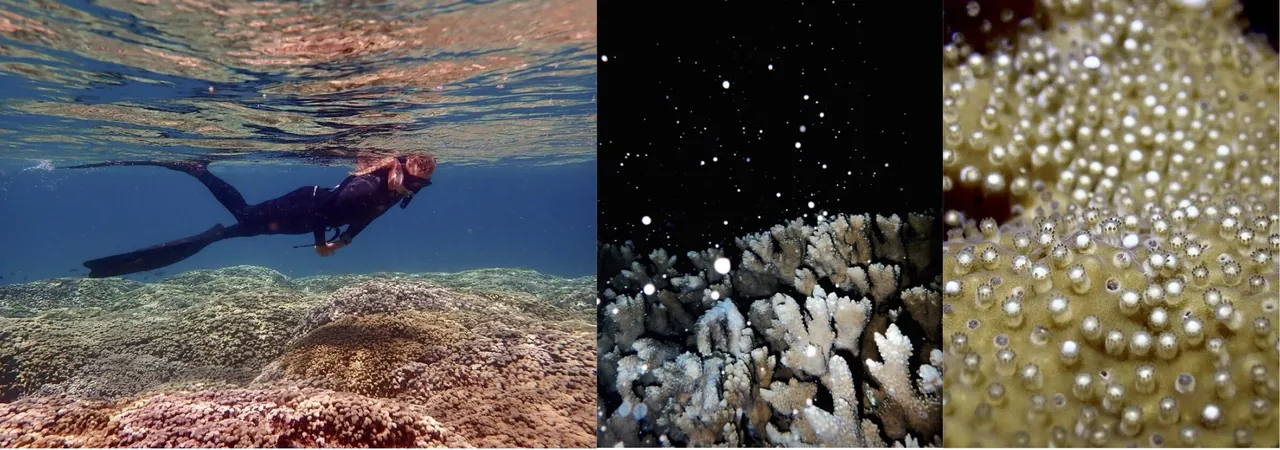
Young Coral Discover Hidden Survival Secrets to Combat Bleaching Amid Rising Ocean Temperatures!
2024-11-12
Author: Emma
Introduction
In a groundbreaking study published on November 12 in PLOS Biology, researchers from the University of Washington have uncovered remarkable survival strategies employed by coral larvae in the face of rising ocean temperatures. Led by Ariana S. Huffmyer, this fascinating research sheds light on how these young corals leverage metabolic tricks to resist the catastrophic effects of coral bleaching—a phenomenon increasingly driven by climate change.
Coral Bleaching and Its Threats
As global temperatures rise, coral bleaching has emerged as a critical threat, disrupting the vital relationship between corals and their symbiotic algae. While much attention has been paid to adult corals, the early life stages of these marine organisms remain relatively unexamined in terms of how they cope with alarming temperature changes.
Research Methodology
To explore this, Huffmyer and her team conducted experiments at the Hawai'i Institute of Marine Biology, subjecting coral larvae to temperatures 2.5 degrees Celsius above the normal range for three crucial days during their first week of development—a scenario reflective of future oceanic conditions due to climate change.
Findings and Adaptations
Surprisingly, the larvae exhibited no signs of bleaching, indicating a resilient response to the heat. They managed to sustain the rates of algal photosynthesis, crucial for providing the carbon-based nutrition that supports their growth. However, the scientists noted a significant 19% decrease in coral metabolism alongside a marked increase in nitrogen uptake. This strategic adjustment appears to be a clever mechanism allowing the young corals to enhance their chances of survival.
Mechanisms of Survival
By slowing down their metabolism, the coral larvae effectively conserve precious energy and resources—an adaptive strategy also observed in adult corals during bleaching events. Moreover, the modification in nitrogen cycling may be a tactical move by the corals to regulate nitrogen levels and prevent algal overgrowth, which could lead to a collapse of their essential symbiotic relationship.
Future Research Directions
Yet, one key question lingers: how sustainable are these adaptations under even higher temperatures and prolonged exposure? The researchers emphasize the necessity for further investigations into the limits and efficacy of coral responses to heat stress.
Conclusion
Understanding these mechanisms is vital as we arm ourselves with knowledge to predict coral resilience and implement protective measures for precious coral reefs threatened by the relentless march of climate change. As our oceans continue to warm, the fight for the future of these vital ecosystems is more urgent than ever. Stay tuned for potential developments as scientists delve deeper into this aquatic enigma!









 Brasil (PT)
Brasil (PT)
 Canada (EN)
Canada (EN)
 Chile (ES)
Chile (ES)
 España (ES)
España (ES)
 France (FR)
France (FR)
 Hong Kong (EN)
Hong Kong (EN)
 Italia (IT)
Italia (IT)
 日本 (JA)
日本 (JA)
 Magyarország (HU)
Magyarország (HU)
 Norge (NO)
Norge (NO)
 Polska (PL)
Polska (PL)
 Schweiz (DE)
Schweiz (DE)
 Singapore (EN)
Singapore (EN)
 Sverige (SV)
Sverige (SV)
 Suomi (FI)
Suomi (FI)
 Türkiye (TR)
Türkiye (TR)